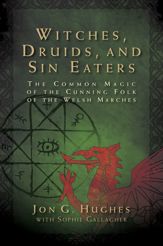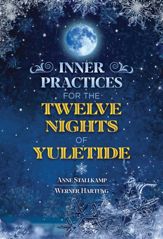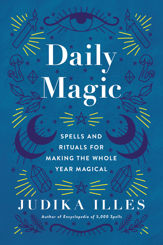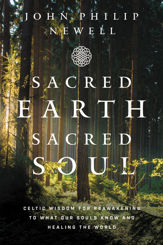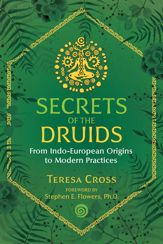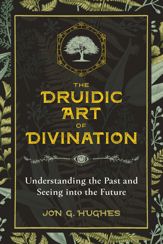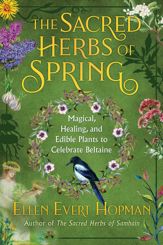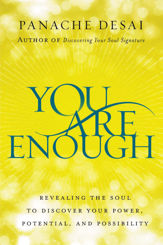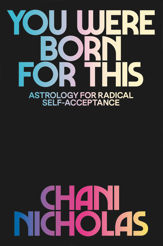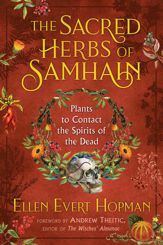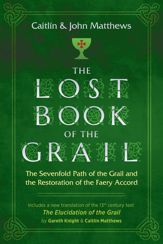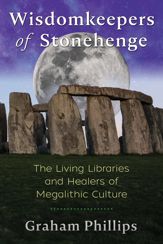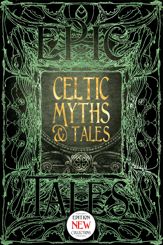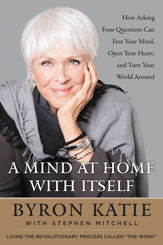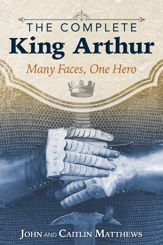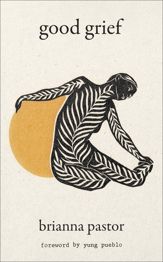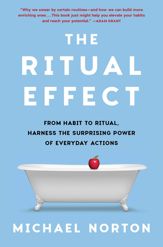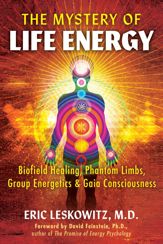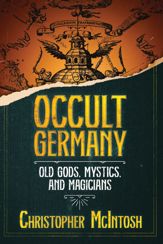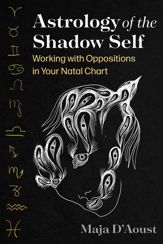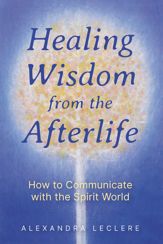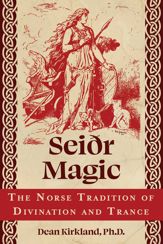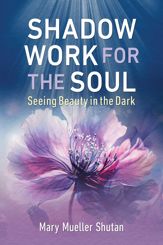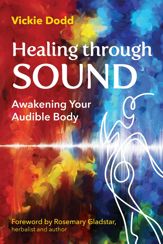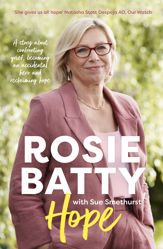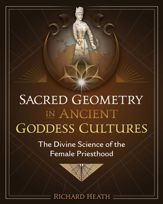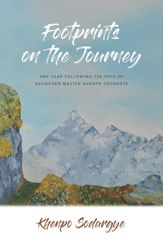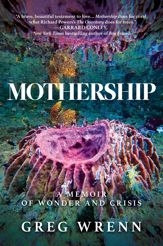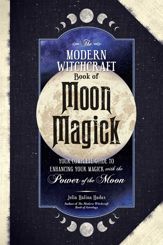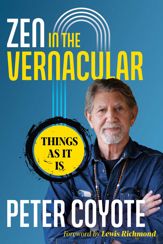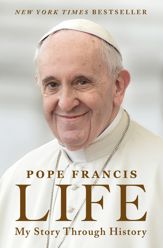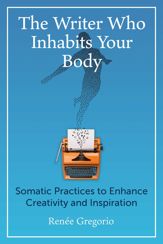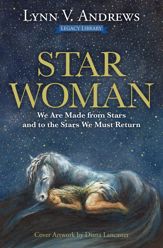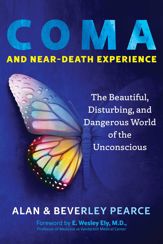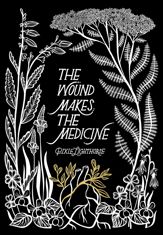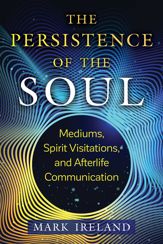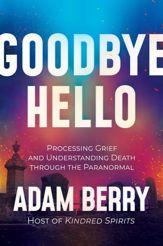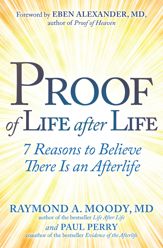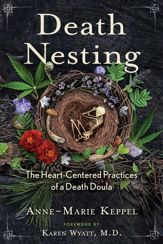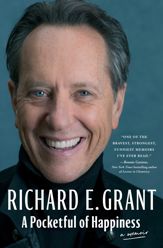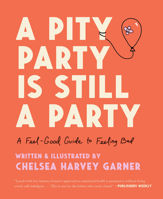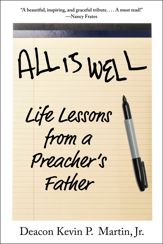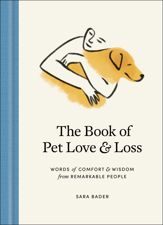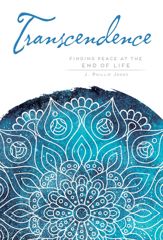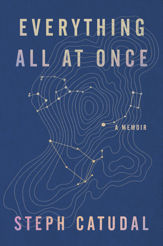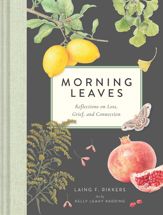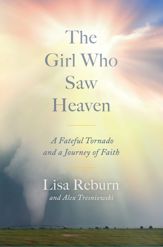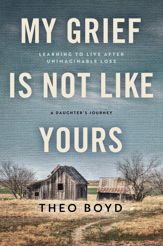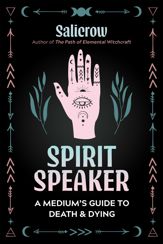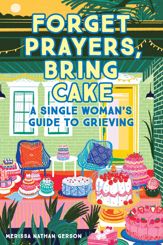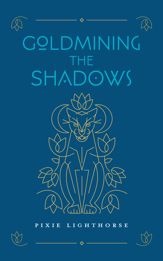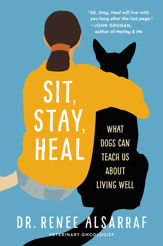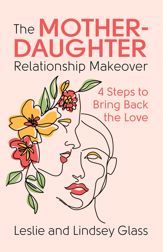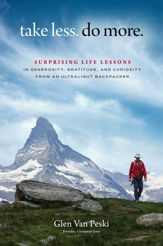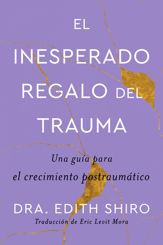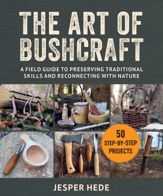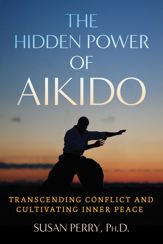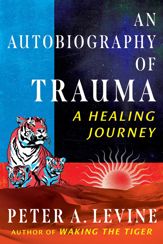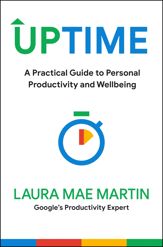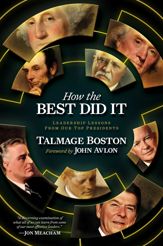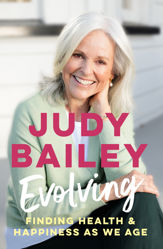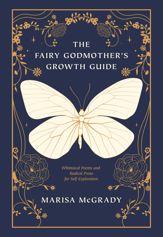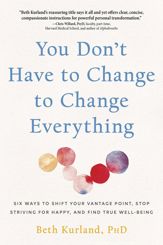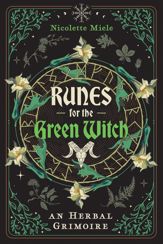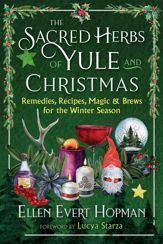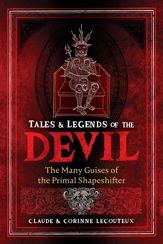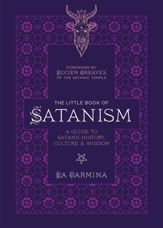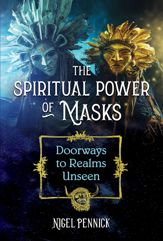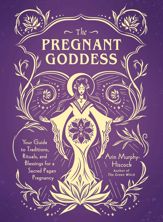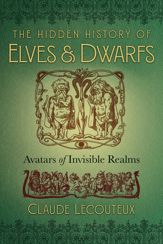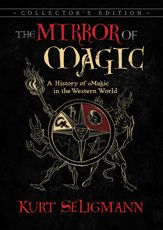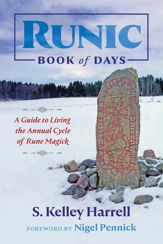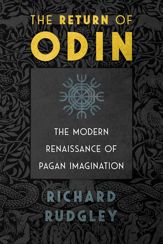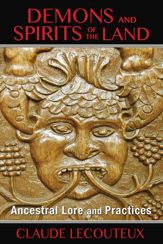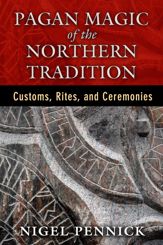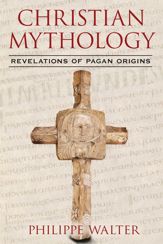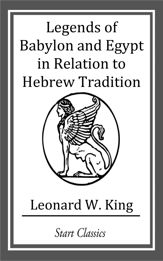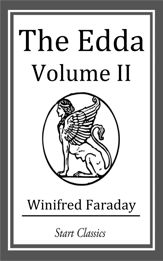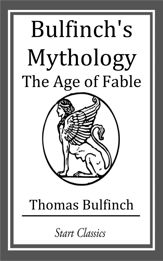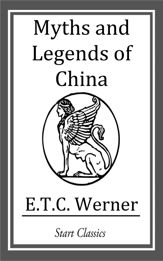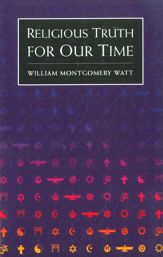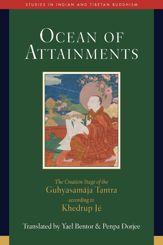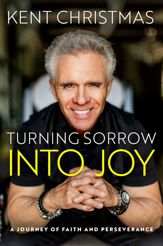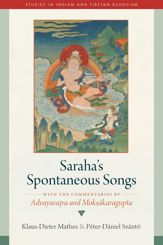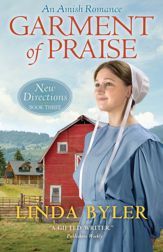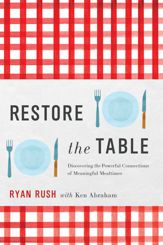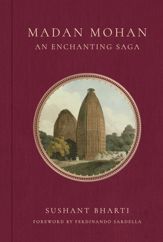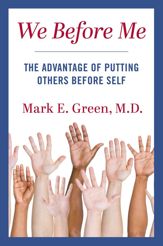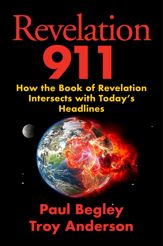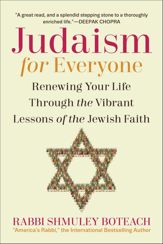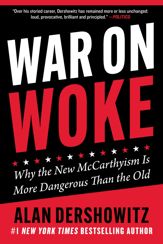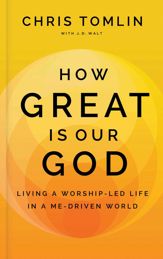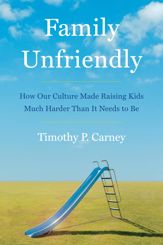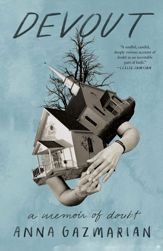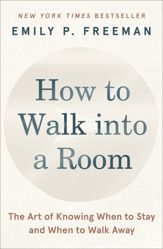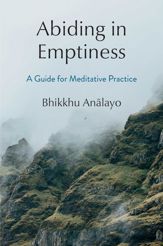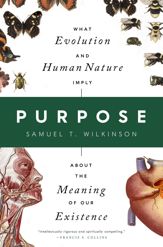“Devotionally humble, radically conscious, and gently profound. The Last Ecstasy of Life gives us the lost answers to the most burning questions of our time: What is life for? And what part does death play in this continuum? Phyllida Anam-Áire illuminates for us the natural way of birth and death through ancient wisdom. She illustrates the journey of the soul through the stages beyond leaving form.”
Description
• Emphasizes how shadow work, integrating past wounds, and healing our ancestry allows us to facilitate the ecstatic transition into the next life
• Offers exercises and visualizations to help us integrate emotions like anger and grief, which impact the soul’s readiness to leave the body when the time comes
• Discusses what happens to our cells when we die with regard to the human energy field and explores the soul’s journey through the aítes or bardos
In the Celtic tradition dying is considered an act of birthing, of our consciousness passing from this life to the next. Informed by an early near-death experience, spiritual midwife and former nun Phyllida Anam-Áire offers an intimate overview of the sacred stages of the dying process seen through the lens of her Celtic heritage. Compassionately describing the final dissolution of the elements, she emphasizes how important it is to resolve and integrate our psycho-spiritual shadows and wounds in this lifetime. What truly heals is our capacity for authentic compassionate love--in life, in death, and after. Healing our ancestry before leaving the body eases not only our transition but sets future generations free from old stories held in our family systems.
Sharing her insights into God consciousness, our earth/ego mind, and the soul’s journey through the Aíte or bardos, Phyllida’s poetic words guide us toward the final ecstasy as the soul leaves its material form and enters the vast Universal Heart of cosmic energy. Providing a deep spiritual understanding of the mysteries of death and the afterlife, this courageous book combines Celtic and Christian wisdom to dispel the fear of dying and invites us to live consciously and with love to our very last breath.
Reviews
“The Last Ecstasy of Life is a book to be absorbed at a cellular level, as it speaks to the soul in each of us. I felt a deep sense of joy as I read it. The language and essence is one of love and deep compassion. I know going forward it will be a loving companion on my life journey, offering sustenance, re-hearting, and a constant reminder of what we truly are.”
“This book is groundbreaking. I felt so warmly welcomed into its pages where I was ecstatically inspired by the abundance of life force in death, in dying, in life. Phyllida shows us how to live and die fully through our heart and soul with her deep compassion and wisdom on every page. This book is a soul companion for life and death.”
“A timely and courageous book, Phyllida’s words take us deeply into the mystery of life and death. Understanding death as part of our evolutionary spiritual journey through life, it is seen as a great adventure where the soul is freed to transition into a higher vibrational state of unbounded wholeness, beyond the material world. Phyllida takes a fresh look at the dying process, describing with deep love and sensitivity the final dissolution of the elements and absorption of the soul into the Universal Heart of unconditioned cosmic energy. This is deep wisdom, reassuring, practical, and loving--an essential guide for each one of us preparing for our own conscious death and an invaluable support for those accompanying others making their final passage.”
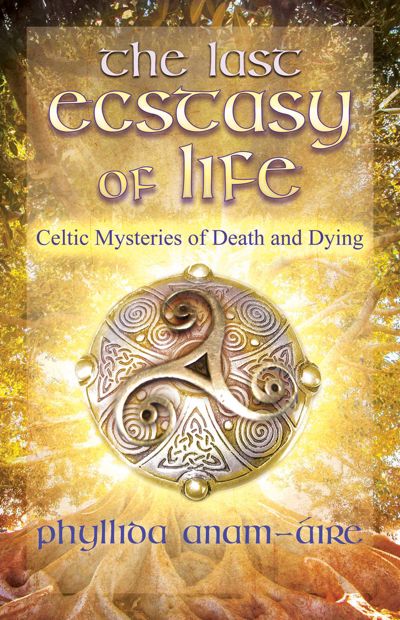
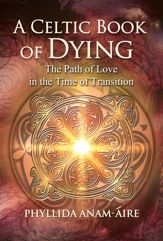
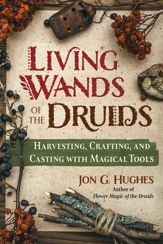
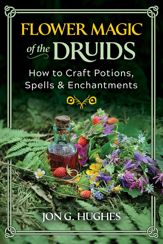
![Anam Cara [Twenty-fifth Anniversary Edition] - 29 Nov 2022](https://ingress-cdn.pressreader.com/imageserver/v1/image/books/2d912be9-c256-496d-b28d-b825494cabc0?width=163)
